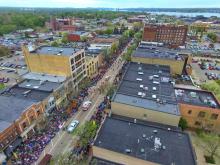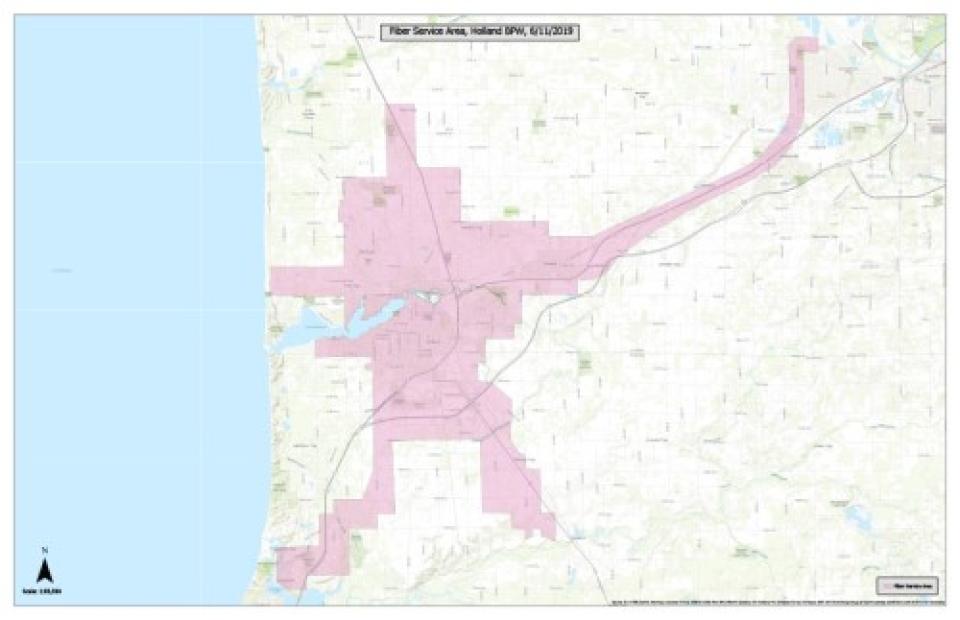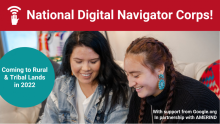Charter and Cox Merge, Hotspots Under Threat, and the End of the Digital Equity Act | Episode 114 of the Connect This! Show

Catch the latest episode of the Connect This! Show, with co-hosts Christopher Mitchell (ILSR) and Travis Carter (USI Fiber) joined by regular guests Kim McKinley (TAK Broadband) and Doug Dawson (CCG Consulting) and special guest Angela Siefer (National Digital Inclusion Alliance) to talk about all the recent broadband news that's fit to print. Topics include:
- Charter and Cox announce agreement to merge, unseating Comcast as the largest cable provider in the United States
- What the public-funds match for Starlink should be, when BEAD moves forward.
- Funding for hot spots - a core digital equity tool that grew to new importance under the pandemic - is under threat.
- Trump's announcement that he was ending the Digital Equity Act, and the significant impact it will have if the order holds.
Join us live on May 16th at 2pm ET, or listen afterwards wherever you get your podcasts.
Email us at broadband@communitynets.org with feedback and ideas for the show.
Subscribe to the show using this feed or find it on the Connect This! page, and watch on LinkedIn, on YouTube Live, on Facebook live, or below.





